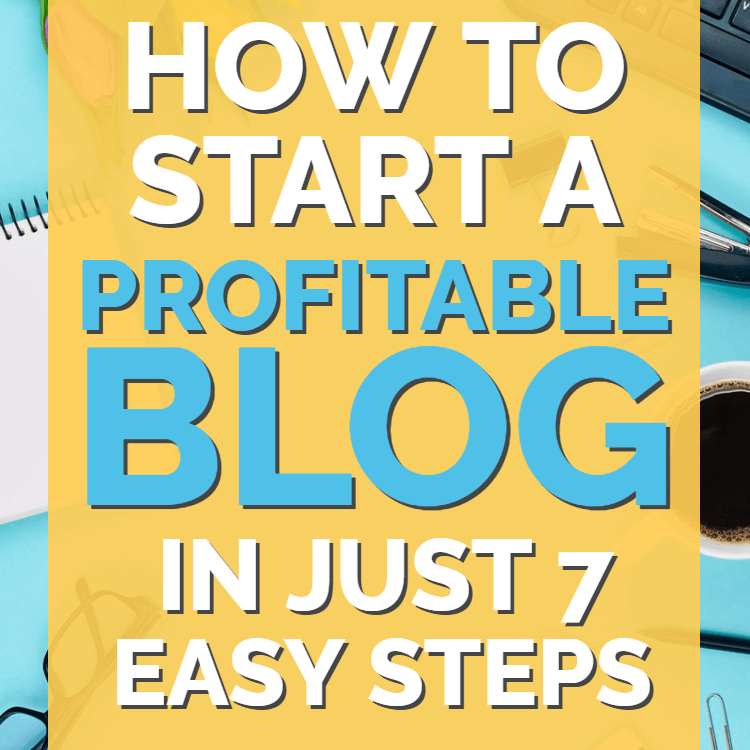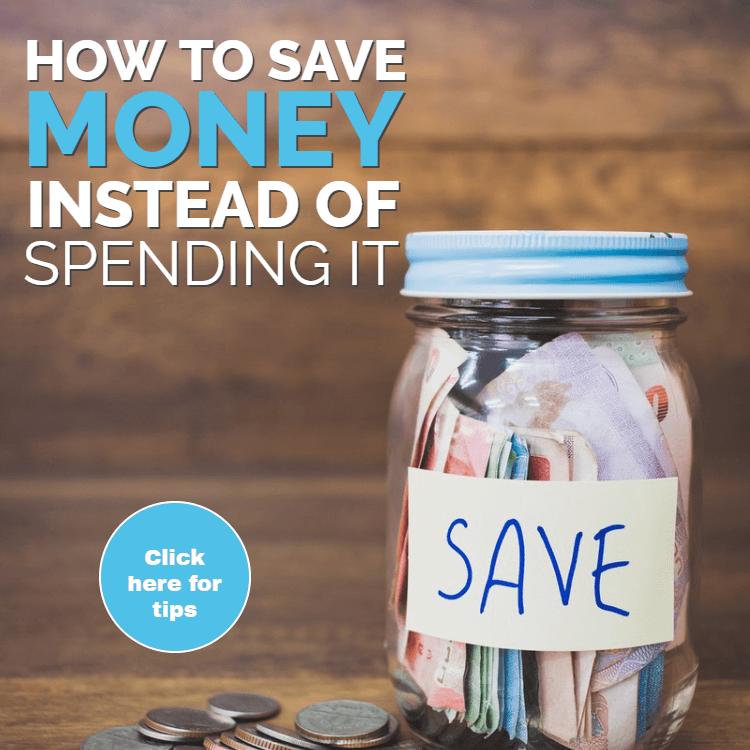Contents

I know from my own personal experience that I spent literally years reading books, trying things out and experimenting until I found a system that worked.
The reality of the situation is that we humans are creatures of habit.
If you’re a long way from achieving the financial future that you dream of then it’s likely that some of your current habits are at least partly to blame.
But habits are difficult to change.
Just ask anyone that has been on diet. No matter how fired up you might get initially, unless you’re very careful you end up right back where you started.
Eventually you can’t fight against your old habits any longer and you cave.
The trick – to both weight loss and personal finance – is creating new habits.
As someone who has lost two stone in the last six months I can promise you that once I started to adopt new habits that supported my weight loss rather than opposed it, my life became a whole lot easier (and the results started to come far sooner).
But what financial habits should you be adopting?
In this article I’m going to discuss the specific behaviours and thought-processes that have helped to rid me of over a decade of debt and financial woe.
It’s my own personal “cheat sheet” of habits that once adopted and ingrained in your personality will drive you on to financial success.
Get To Know Your Finances – Intimately

One of the first questions they ask is about their financial situation; questions like how much debt you have, what your income is, what you’re spending on groceries and so on.
Almost without exception these people have very little knowledge of their personal finances and where all their money goes.
Worse, they generally greatly underestimate how much debt they have and how much they spend on everyday life.
In many cases these people are spending more than they make every single month and slowly, subtly slipping into a life of financial hardship.
I must admit that this was me too, and for far too long.
Considering my outstanding debt was too scary, and looking at my monthly spending was too boring.
So I carried on trying to get out of debt, attempting to save money, but failing all the time. It wasn’t till I got to know my finances intimately that I ultimately started down the road to financial stability.
In my opinion, therefore, the single biggest habit to adopt if you want to improve your financial life is getting a hold on your personal finances.
You need to know exactly how much debt you have (if any). You need to understand exactly how much you have coming in. And you need to be aware of where you’re spending all your money.
This is the foundation on which you can start to make positive changes and without it you’re trying to get to your chosen destination without knowing your starting point or having a map. Your odds of success won’t be great.
Fortunately there are tools that will do most of the “hard lifting” for you. One of the very best is Personal Capital, a free tool that brings together all your various financial accounts, turns it all into easy-to-read graphs and tables and immediately helps you gain a better understanding of your finances.
In short they give you an instant “snapshot” of your finances and help you to easily plot and plan for the future.
Embrace Budgeting
Budgeting – it’s a dirty word to many people.
It suggests self discipline and denial, which is why so many people avoid budgets like the plague.
Then there’s the complex process of actually creating a budget, which is an art in itself.
But when your financial future is at stake, these excuses really aren’t good enough – especially when there are handy free tools out there that will do most of the work for you.
Here’s a useful way of looking at things; if achieving your financial goals is a journey, and getting to know your finances intimately tells you where you’re starting from, creating a budget is like the compass that can guide to you your eventual destination.
So the second major habit is creating – and sticking to – a budget.
Once again, tools can make budget creation a quick and painless process, allowing you to visualize potential savings – and to see what these monthly savings can turn into in the years to come.
Take Joy In Not Spending Money
I am embarrassed to admit it now, but once upon a time I was happy to spend money without regard.
If the ATM was willing to give me money, I was willing to spend it.
I’m sure you can imagine how well that little habit worked out for me.
Now, I’m quite the opposite.
The reality is that at least while you’re initially getting your finances under control money in the bank is worth a lot more than that designer bag or foreign vacation you’ve been dreaming about.
Money in the bank gives you “insurance” against unexpected expenses.
It opens up options to pay off debt, invest or save for a rainy day.
The third habit to adapt is therefore to take pride in how much money is in your bank acccount.
Stop spending as much as you possibly can.
Look for ways to reduce your expenses – and cut unnecessary spending altogether. Your goal should be to build up a healthy balance in your savings account – and to see that increasing every month.
Every time your bank balance goes up, congratulate yourself. Every time you avoid spending money, pat yourself on the back.
Remember: this is a marathon, not a sprint, and every time you avoid spending unnecessary money is another step in the right direction to your financial goals.
When you do this you’ll find that opening your bank statements becomes a whole lot more fun, and that you’ll sleep easier at night knowing you have funds to fall back on if and when necessary.
Figure Out What Really Makes You Happy
How much money have you earned so far this year?
How about this decade?
Or even your whole working life?
And how much do you have in your bank account or in investments right now?
It’s a massive difference, isn’t it?
We in the West burn through money at an incredible rate, but how much of this spending really brings you long-term pleasure? Some of it, no doubt. But much of it – not so much.
We spend because we’re bored. We spend because we’re stressed. We spend because we want to impress other people. We spend just because we can.
What we should be doing is spending on things that make us happy. That enrich our lives.
But its easy to lose sight of this in our consumer society.
The fourth habit to adopt therefore relates to “conscious spending”. It relates to not just spending for the sake of it, but on carefully considering every purchase, and on deciding what we want our lives ot look like in 5 or 10 years time.
Gaining a better understanding of this can not only help you to plan for the future, but can also help you to eliminate the money you’re needlessly spending which brings you little happiness.
Set Yourself (Realistic) Financial Goals
Once you get to know your finances, stop spending money and start thinking about what makes you happy it’s possible to set financial goals.
While it sounds obvious, it’s worrying how many people simply leave their financial future to fate.
Your financial goals are the final destination on your journey to financial success, so without them you’re unlikely to reach your preferred end point. After all, how do you plot a journey if you don’t know the destination?
The next habit for financial success is therefore to make a workable plan for the future.
Work out what expenses can be cut, and how much money you can free up each month to put aside for the future.
Consider how much this could grow based on compound interest and time – you’ll probably find the end result is quite exciting.
And if it’s not? Either increase your income or cut more expenses till it is enough to hit your goals.
Then stick to the plan.
Every month like clockwork make those payments into your 401(k) or your investment fund. Make those extra mortgage payments. Invest in that extra property. Keep your expenses under control.
And every month you’ll take another step closer toward your goal.
Take Lessons From Your Friends & Colleagues
I don’t know about your friends, but some of mine have horrific finances.
I love them, but I sometimes wonder how they make it from one month to the next.
I’d give almost anything to inspect their bank statements 😉
You know the ones – the people who send half their time buying unnecessary junk, and the other half complaining they’re broke.
These people can be a constant source of inspiration on your journey to financil success. They’re like a living, breathing advert for what you don’t want to be. Take lessons from them and avoid their mistakes.
Equally, you have have friends at the opposite end of the scale who live frugally and have a wonderful lifestyle, investments and so on.
If so, seek positive inspiration from them to see just what is possible when you double down.
If you’re struggling to pay off debt and want some inspirational debt repayment stories then I’ve featured a number of them here.
Always Seek Progress (But Not Perfection)
The final habit is the adoption of “kaizen” – the goal of constant improvement and progress.
Let’s be honest – if you’re totally new to controlling your finances then many of these habits are going to feel alien at first.
In all likelihood you’re going to have a few ups and downs – at least initially – and this can be dispiriting.
The reality, however, is that very few people are perfect (Jennifer Aniston maybe, but that’s a different subject ;-).
As a result, focusing on perfection can do more harm than good.
Instead, we need to be looking for progress.
Every month you put money aside, every time your bank balance goes up, every time you avoid spending money you’re making progress.
Over time this extra cash piling up in your savings or investment account will propel you toward your goals.
Personally I use a simple spreadsheet to track major financial figures (net worth, monthly income and expenses, total savings etc.) and I fill it in at the end of each month.
I’m constantly looking to beat last months figure – to spend less, earn more, save more etc.
In doing so I’ve been able to cut ever more from my budget and watch my results going higher and higher.
And when you get to Christmas and review your annual finances it can be literally joyous to look back over the last year, to see all the progress you’ve made, and see just how much stronger your finances are looking.
What are your “golden rules” for personal finance? Please leave your thoughts in the comments section below…











[…] https://www.frugalitymagazine.com/7-simple-habits-for-finally-gaining-control-of-your-finances-52459/ […]